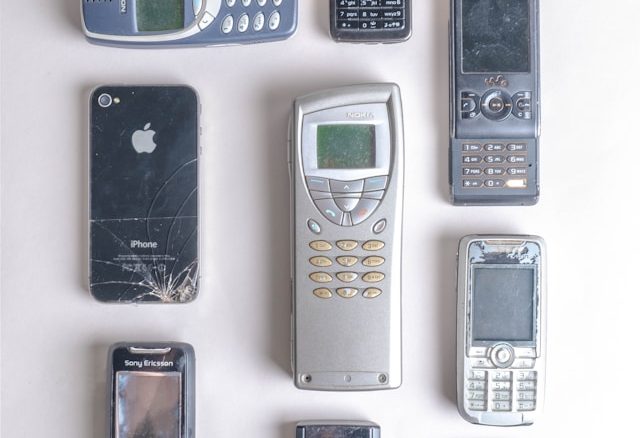
College is not easy. It’s academically rigorous, socially demanding, and certainly economically challenging, but it’s an utter privilege to be there. Okay, perhaps socially demanding is a stretch—the multiple nights out a week aren’t particularly stressful! But what’s not a stretch is the financial pressure that students and their parents are put through.
Amid a housing crisis, public and political focus looks mainly at the extreme costs of accommodation that students are forced to avail of to study – and rightly so. Yet, financial pressure is built from all of the hidden costs that pile up on top of fees and accommodation.
The expectation of technology within college curriculums adds another major financial burden on students and parents. The rising prices of tech, and its fundamental place within universities, creates intense pressure that students and their families must provide. The growing need for individual tech, like high-powered laptops, can lead to a gap in what students can and cannot access.
“It’s not becoming, it is a necessity”, said Pádraig Power, speaking on the omnipresence of technology at third level, and the need for all students to have access to it. Power, who is a Senior Marketing Manager for Global Operations & Ireland for second-hand tech seller ‘Refurbed’, spoke to me about some of the key issues around students’ financial ability to access tech.
According to a survey by Refurbed, 79% of parents feel pressured to provide tech for their children for educational purposes, as they feel they need a device to succeed academically. Alongside this, 27% of parents seek some form of financial aid to afford the necessary devices. It has “become the norm”, as Power explained. Parents are readying themselves to take on the financial burden of technology needs.
The back-to-college period is certainly where most students and families feel the most financial pressure. Children’s charity Barnardos has already looked to the government to implement measures to assist parents with these costs. It’s becoming clear this should extend to third level students.
For myself, a journalism student, no specialised technology is necessary. DCU provides me with recording equipment and editing software that is needed for my course. But for other students in DCU, this is not the case.
Michael Murphy is a second-year Jazz and Contemporary Music Performance student. He outlined a list of additional software that is needed for the course. Some programs are provided by the school, yet the limited time equipment can be accessed is a hindrance to his practice. A Digital Audio Workstation (DAW) is pertinent to the course. Abelton is the system of choice and costs €300 for its full suite, with the student discount already docking off half the price. To record music, the Focusrite Scarlett is a must and costs anything from €150 to €340. iReal Pro, an app used by jazz musicians like Michael to practise, costs €22.99 on the App Store.
Costs aside for a moment, surely technology purchased by individuals at this high a volume is environmental vandalism? Long gone are the days of the family computer. A bygone of the Covid-19 pandemic, if not earlier. In the age of ‘planned obsolescence’, technology is not built to last. I’ve gone through four phones since I got one for Christmas, aged 12. And I’ve never damaged one to the point of unusability. Yet every two years like clockwork, the battery becomes almost unchargeable and I resign myself to another hefty purchase.
Refurbed’s mission is to “provide a better alternative” to new tech and to do their part “for a more sustainable world”.
Refurbed are also repairing phones to last, especially now, offering phones with new batteries for an additional fee. “What we’re very happy to see is that people are keeping their phones for longer than they used to”, explained Power. “They buy something they love, and they use it until the end”.
Creating tech sustainability is an ongoing mission that continues to seem a secondary issue to the rising price. Yet, Refurbed sees again and again that once trust is built with them and their products, customers are more willing to take sustainability into account in their tech purchases. To get them on side initially, however, there is a need for wider measures by the government to incentivise the purchasing of secondhand technology.
Technology costs add another strain on the already thin pockets of students and parents. The culture of university has changed now that it can only exist around a pricey device. Looking for better options that are more financially viable and environmentally sustainable is vital. When my phone inevitably slows to a near halt in the not-so-distant future, I will certainly be trying out a second hand replacement. I’m happy to save not only my bank, but also the planet.
Katie O’Shaughnessy



